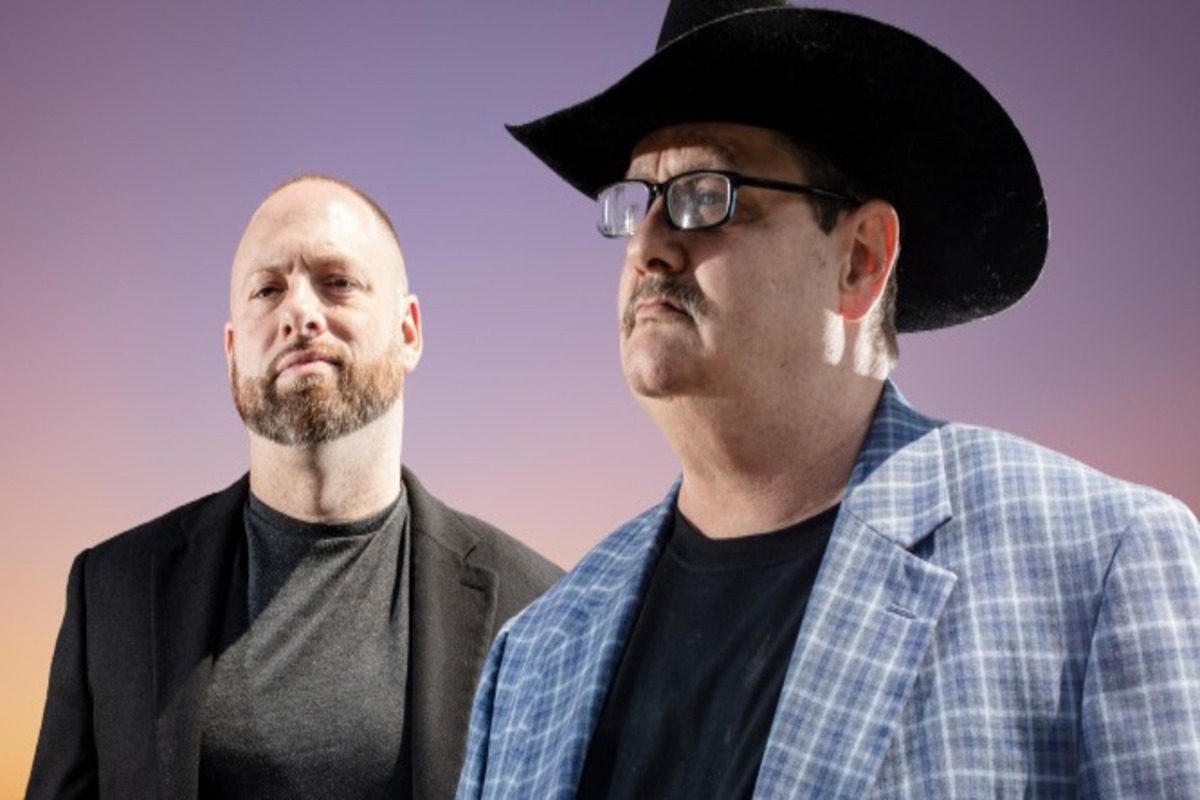Telemarketers HBO Documentary: “Telemarketer” may make people cringe or roll their eyes. Rude people that disrupt our daily life produce storms of annoyance. Sam Lipman-Stern observes turmoil and confusion when he retraces his actions as a caller in the confused New Jersey donation center where he worked.
Lipman-Stern joined Civic Development Group (CDG) in central New Brunswick in 2001. He started telemarketing at 14. Because of his age, fast-food chains wouldn’t hire him. “Telemarketers,” Lipman-Stern’s three-part HBO documentary series, premieres Sunday at 10 a.m. EDT/PDT and is accessible on Max.
A remarkable scene transpired on CDG’s sacred grounds. Lipman-Stern says his peers included ex-convicts, creating a diverse group. They’re distinct. “A murderer sat to my right, and a bank robber sat to my left,” he adds of the odd friendships in these corridors. This wasn’t just a venue for advertisingit was a paradise for vices. A shady heroin kingpin hid there. Prostitution also touched the office walls.
Lipman-Stern describes violent fights between callers and employers, turning the workplace into a battlefield. Because workers used substances that blurred sobriety and insanity, the air was intoxicated. “Drug addicts make the best salespeople,” argues Lipman-Stern. He sounds surprised and shocked. “They are so good at getting people to do what they want that it’s almost scary.”
“Telemarketers” begins with Lipman-Stern’s employees and CDG’s nefarious operation. It illuminates telemarketing. The docuseries then covers 20 years and the complex telemarketing industry.
The unethical purpose of getting money drove these calls. “The ends justify the means,” Lipman-Stern argues, summarizing his former domain’s contribution targets of $200 per hour for these unwelcome discussions.


READ MORE: Semiautomatic Firearms Ban: Illinois Supreme Court Verdict on Semiautomatic Weapons Ban
CDG collaborated with the Fraternal Order of Police and organizations for firefighters, veterans, and cancer patients. Donors pledged 10% to CDG and kept the rest. However, specific good causes were disputed.
A stunning discovery emerged as Lipman-Stern researched. “Worst charities in the United States” sounded discordant to him. Kindness and falsehoods were perplexing.
Lipman-Stern and his coworker Patrick J. Pespas, who wanted to uncover the truth, began a risky investigative journalism project in 2007 or 2008. The news wasn’t exposing the telemarketer scam, which drove them. They sometimes lured camera teams with film credits, meals, or documentary DVDs. Lipman-Stern and Pespas kept paying for the truth even though the project started and halted.
The docuseries explains CDG owners Scott Pasch and David Keezer’s absence. In 2010, Pasch and Keezer broke FTC guidelines and were fined $18.8 million for asking for gifts. They erred by promising donors “100 percent” of their donations. Pasch and Keezer sold Picasso and van Gogh paintings, luxury automobiles, and mansions to pay off their debt.
Lipman-Stern argues AI and robocalls have made the telemarketer industry even more chaotic. He envisions a regulatory-accelerated shift that might revitalize the business. His most significant aim is for “Telemarketers” to guide people to legitimate and trustworthy charity donations. He passionately believes that sending money to where it goes is the most crucial component of his proposal.

